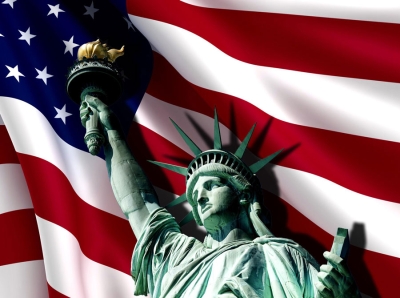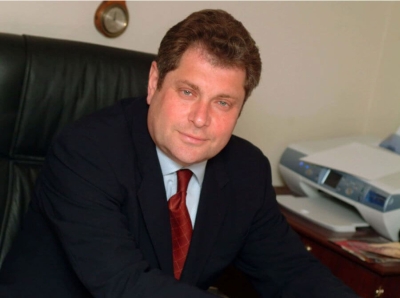Trump refused to attend the trial

In federal court in New York, the trial of Elizabeth Carroll, an American journalist who accused Donald Trump of rape that took place in the 90s, is coming to an end. This is not a criminal, but a civil process in which the plaintiff seeks compensation from the defendant for illegal actions. The process is unique from different points of view. For example, the judge decided that the jury should remain anonymous to the parties because he was concerned that the defendant might act in a way that would prejudice the jury. Trump himself refused to attend the trial in person and decided not to testify. Interestingly, the judge specifically gave Trump until Sunday so that he could return from abroad, from where he complained about the inability to speak at the trial. True, this still did not help: Trump returned from abroad a long time ago, but today he wrote on his social networks that he was not allowed to speak in court to defend himself.
On the one hand, the trial is a classic “she said, he said,” except that Trump chose not to testify. In her closing argument, plaintiff's counsel pointed out to the jury that plaintiff had her testimony on her side; two witnesses who testified that they were sexually assaulted by Trump; witnesses who testified that the plaintiff told them about the incident years ago, as well as the modus operandi of the defendant, who was forced to admit the truth of his statement about relationships with women: "Grab 'em by the pussy. You can do anything" (although Trump refused testify in court, jurors saw video of his testimony before the trial as Trump's lawyers tried but failed to exclude that evidence). In turn, Trump's lawyers tried for a long time to catch the plaintiff in contradictions, pointing out that she did not scream during the rape, did not turn to the police or for help, and does not remember when it happened (the plaintiff gave a gap of 2 years, and the defendant's lawyers indicated, that their client has no opportunity to prove his alibi due to the inability to determine the date).
Author: Igor Slabykh



